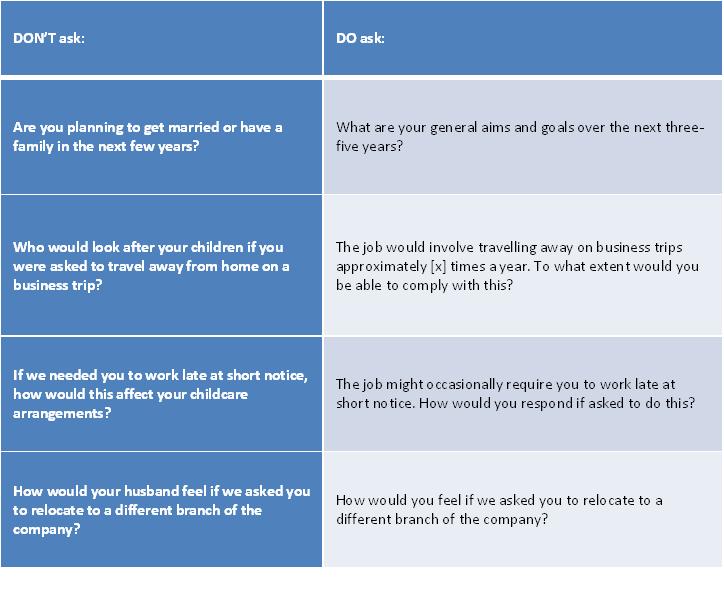Recently we looked at the case of one of my clients who had learnt about sexual harassment happening within their company. Click here to see that blog again, or if you missed it. Fortunately that case was successfully resolved, but if ever you need to go to the next stage with such a case, here is how you should deal with it.
Following investigatory meetings, which you must carry out, and assuming that you decide that there is a case to be answered, a formal disciplinary interview should be set up with the person accused of bullying or harassment. This should be done in writing, with your employee being given a full written account of the evidence gathered against them, including the evidence reported by any witnesses. Whether or not it will be appropriate to state the names of any witnesses will depend on the circumstances.
At the same time, the employee should be given notice to attend the interview and informed of their right to be accompanied by a colleague or trade union official. It is essential to provide the accused employee with all the relevant facts at this stage, so that they have a proper opportunity to defend themselves when the interview takes place.
Ask and Listen
At the interview, you should ask open questions, i.e. those beginning with “what”, “which”, “why”, “how”, “where”, “when” and “who”, in order to get the employee’s side of the story. You should listen carefully to what they have to say, and take on board their explanations and any mitigating factors.
The purpose of the interview will be to establish whether or not there are proper grounds for taking disciplinary action against the employee and, if there are, what level of disciplinary action would be appropriate. This will depend on whether or not, following the interview, you have reasonable grounds for forming a genuine belief that incidents of harassment or bullying did in fact occur.
There is no need for you to have absolute proof of the employee’s ‘guilt’ in order to proceed with disciplinary action or dismissal, as long as you have, following a thorough investigation, formed a genuine and reasonable belief that incidents of bullying or harassment took place.
Deal with it Promptly
Depending on the seriousness of the behaviour, disciplinary action may range from a verbal warning to summary dismissal. In cases of mild harassment, for example a single incident that was based on a misunderstanding, or a series of minor incidents where an employee genuinely did not realise that there were causing offence, a sincere apology, together with an undertaking not to repeat the offending behaviour, may be appropriate.
If the outcome is a formal warning or dismissal, the employee should be granted the right of appeal against that decision, to someone who was not involved in either the investigation or the decision to impose the disciplinary sanction. If a warning is given, it should make it very clear that any further incidents of bullying or harassment of any kind will be viewed very seriously and will lead to further formal disciplinary action.
Both the employee who raised the complaint and the employee accused of bullying or harassment should be given written feedback on the outcome and any actions agreed once the proceedings have been concluded. Full confidential records should be kept of all complaints, all interviews conducted and the outcome of the proceedings.
The main aim of any formal action will be to make sure that the harassment or bullying stops immediately and does not recur. This means that you should treat any report of harassment or bullying seriously and deal with it immediately.
I hope that you never have to deal with a situation like this in your business. However, if you are worried about harassment or bullying – either a case that needs to be dealt with, or how to prevent it from happening – please contact me straight away by calling 0118 940 3032 or by clicking here to email me.

